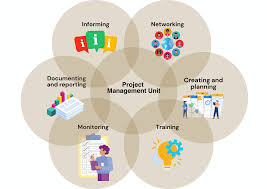
Course content
Concepts and definitions; the thermodynamic system, properties, phase equilibrium of pure substances, equations of state for gases, tables of thermodynamic properties, work and heat. First law of thermodynamics; thermodynamic cycles, change of state, internal energy, enthalpy, specific heat; open systems, steady-state and transient processes. Second law of thermodynamics; reversible and irreversible processes, the Carnot cycle, the thermodynamic temperature scale, entropy, the entropy production concept. Thermodynamic power cycles, refrigeration cycles, the Otto cycle and the Diesel cycle, the gas-turbine process. Introduction to exergy analysis.
Learning methods and activities
Lectures.
Weekly assignments. 8 of 12 assignments must be approved. The assignments on steam power cycle and refrigeration and heat pump can be replaced by a laboratory exercise, for a limited amount of students.
One group assignment during the semester (mandatory laboratory exercise with standard scientific report writing).
Compulsory assignments
- Exercises
- Small project
Continuous Assessments
Continuous Assessments Tests: 20%
Assignments and projects: 10%
End Term Examinations :70%
Course materials
- Moran, Shapiro et al.: Principles of Engineering Thermodynamics, Wiley, 9th edition SI (editions 5, 6, 7, 8 also work, notice that some are called
- "Fundamentals of", but the book is the same). Trull's Gundersen: An Introduction to the Concept of Exergy and Energy Quality.
- Teacher: Odel Trainer
- Teacher: Admin User
